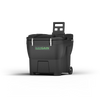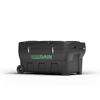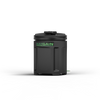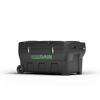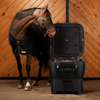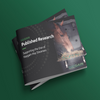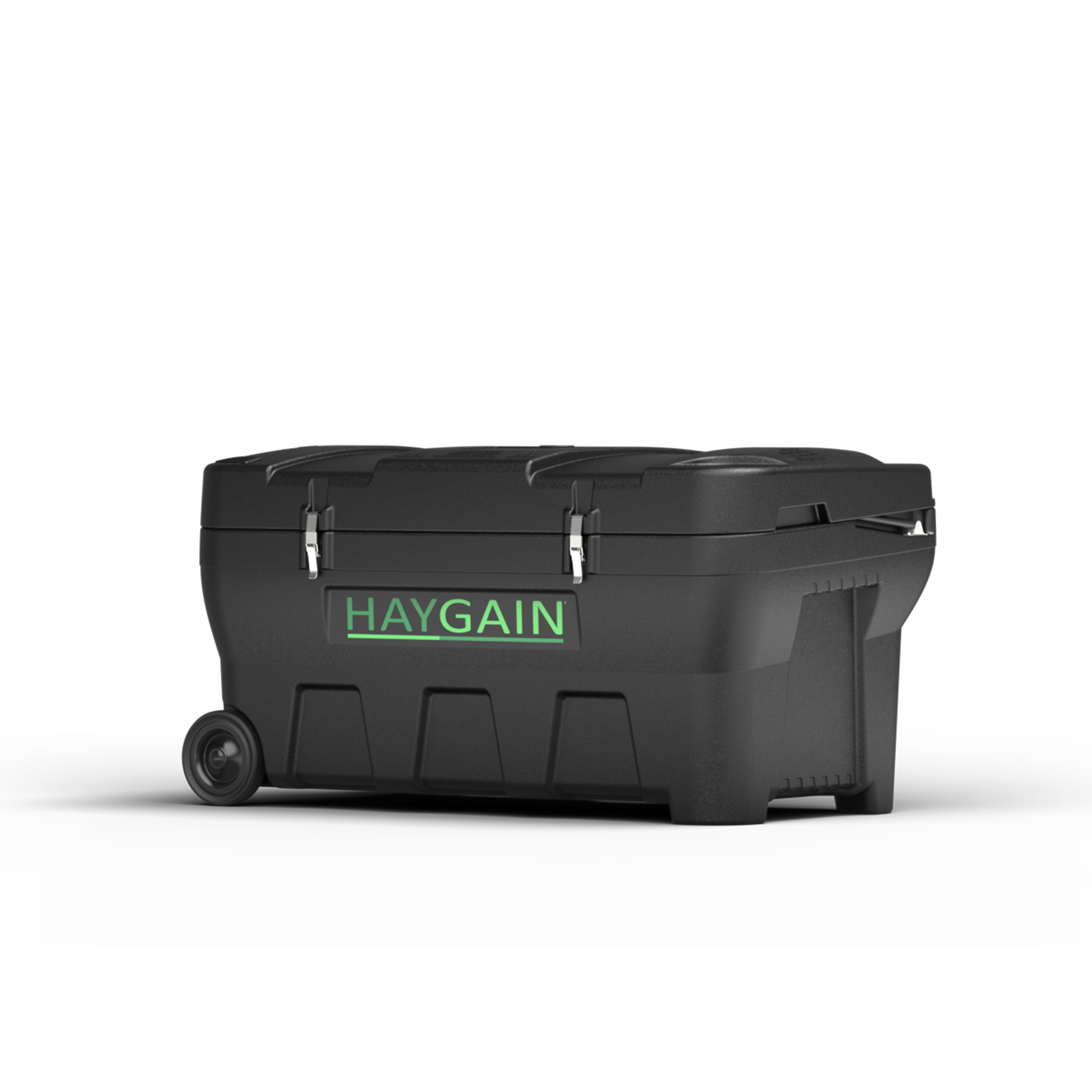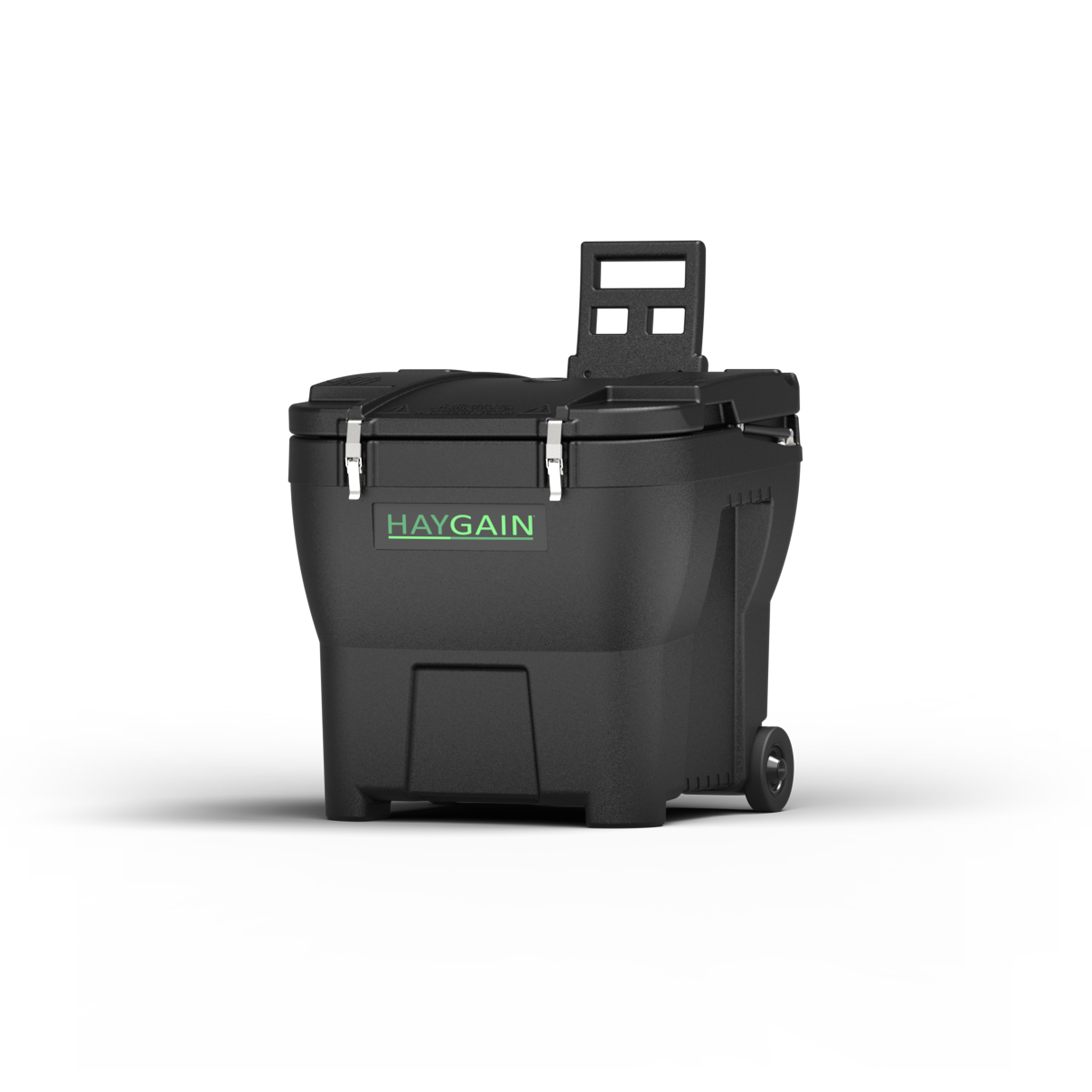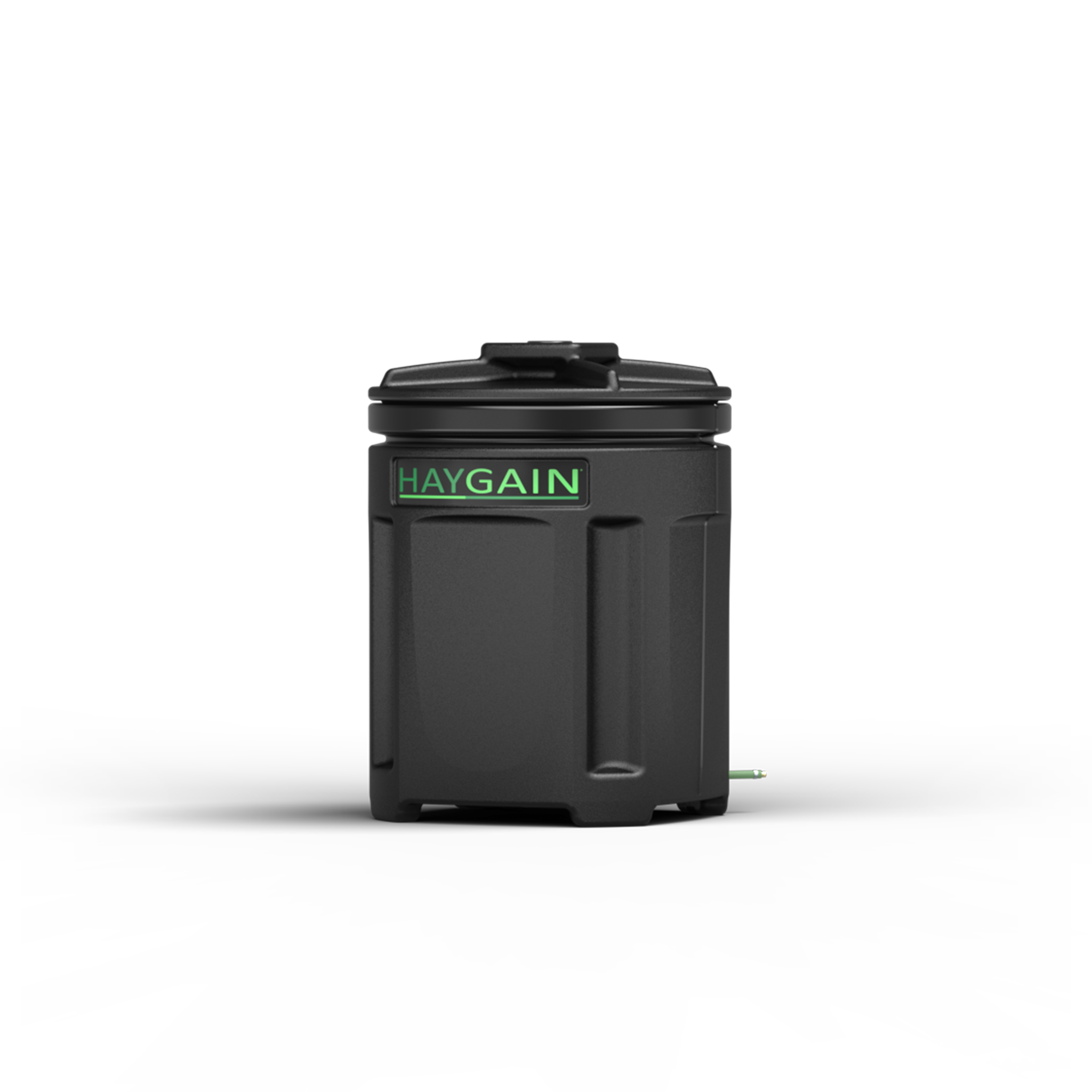What to feed the overweight horse
Weight gain occurs when a horse’s nutritional intake exceeds his physical output. Making sure a horse has all it's dietary requirements can be tricky when trying to manage the weight of an overweight horse. Dr Pat Harris tells us more.
Dr Pat Harris RCVS
UK specialist in Veterinary Clinical Nutrition, 01/07/2020

Dr Pat Harris, an RCVS recognised UK specialist in Veterinary Clinical Nutrition (equine) and a European Specialist in Veterinary Clinical and Comparative Nutrition was interviewed by Horse and Hound in 2015 about how to feed an overweight horse. She cautioned “prevention is better than cure and that managing weight loss involves more than just reducing energy intake — horses need the right quality protein, vitamin and mineral support. Any weight loss programmes also must consider that horses are trickle feeders and cannot be left for long periods without forage."
What is an overweight horse?
Weigh tapes and body condition scoring systems are useful to monitor horse’s weight and determine if they are overweight. A basic rule of thumb described by the laminitis site to follow is:
If you can feel and see bones, the horse is too thin.
If you can neither feel nor see bones, the horse is too fat.
If you can feel but not see bones, the horse is just right.
One of the problems with these body condition or fat scoring systems is they are subjective and arguably not all horse owners can assess their own horse or pony accurately, so an expert opinion could be advisable. Read more about this in our Horse Obesity article.

What to feed an overweight horse
The key to loosing weight in horses is the same as humans; a daily calorie deficit through dietary management and appropriate exercise.
Feed according to workload, a 500kg horse in hard work will burn nearly twice as many calories a day as a horse who weighs the same but is ridden lightly twice a week.
Feed according to breed. Native breeds have evolved to be good doers, making the most of poor quality grazing so they generally require feeds of a lower calorie level as they maintain their weight easily. However, they still need lots of fibre to maintain digestive and behavioural health.
Pasture or a hay only diet can easily exceed energy requirements of most horses at rest or in light work, but it doesn’t supply everything that they need in terms of trace minerals. So, a feeding a balancer or vitamin and mineral supplement is advisable in addition to grazing and hay. If a bucket feed is wanted, then just a small amount of low calorie fibre feed may be all they need.
As a general rule a 500 kg horse needs 20,000 calories a day in order to maintain his weight. There are approximately 7-8 MJ (or 2,000 calories) in a kg of good quality hay so 10 kilos of hay each night will give all the calories the horse needs just for maintenance before considering grass or hard feed.
When looking to reduce the amount of hay fed at night to account for grazing then its important they don’t eat the hay ration too quickly and stand with no fibre in front of them for the rest of the night as this will lead to digestive problems such as gastric ulcers or colic as well as behavioural problems. A method of slow feeding is advised to help with this. Find out how steaming your hay can help control sugar levels.
When at pasture a grazing muzzle could be considered for part of the time to limit the amount of grass being eaten and again slow intake down while maintaining trickle feeding.
In addition to what to feed an overweight horse other aspects of energy consumption should be considered. For example, not over rugging the horse. Rugged horses do not need to use as much energy to keep them warm, so this can be stored as fat instead.
Exercising an overweight horse
Increasing the amount of exercise an overweight horse takes will help with the balance of calorie intake and calorie expenditure, but this should be done slowly and all aspects of the horse’s health be taken into consideration.
